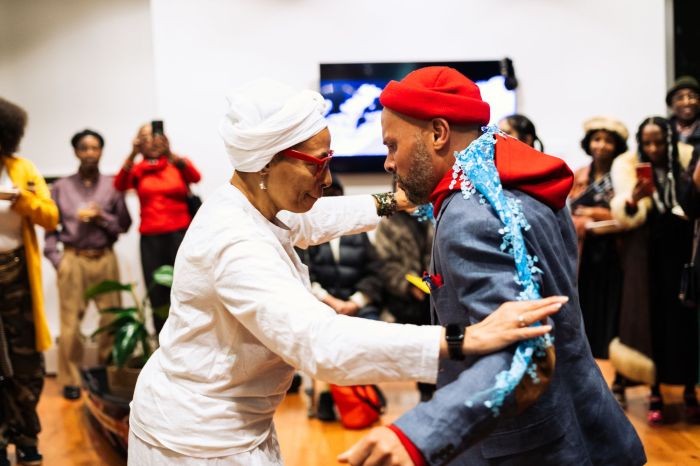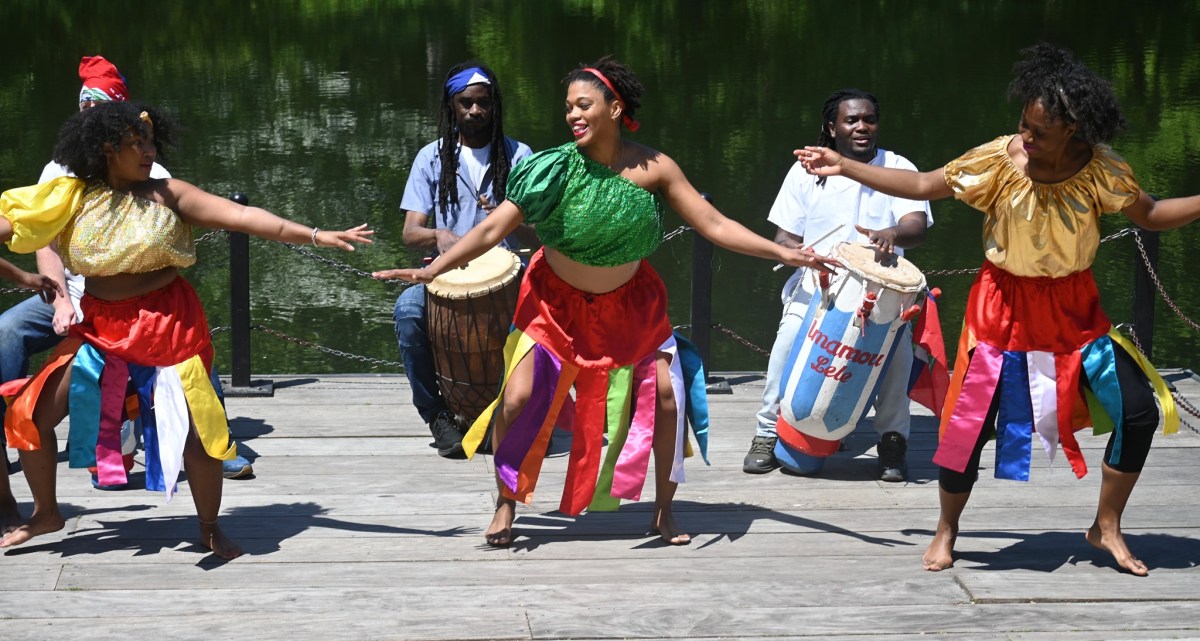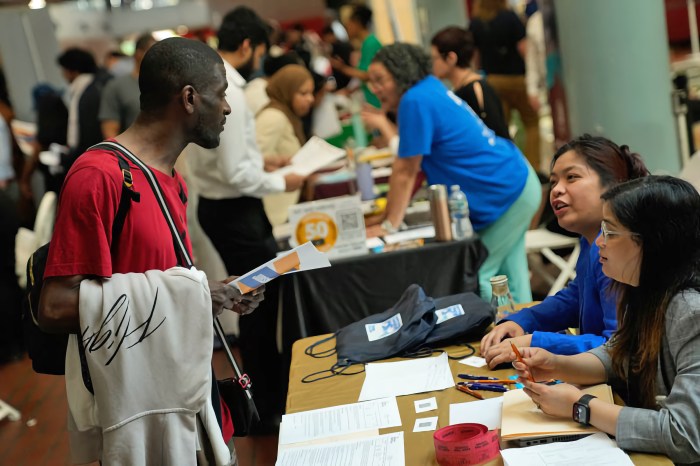The ground was broken on Feb. 22 for the Bahamas’ largest private sector development project, a few days before the government opens a new international airport terminal, considered the largest public sector project ever in the northern chain of Caribbean islands.
With funding to the tune of US$2.6 billion from the Chinese Export Import Bank, Baha Mar resort represents the beginning of constructing a resort unlike others in the Caribbean, Bahamian officials said.
Once completed, officials said the resort will feature the Hyatt, Rosewood and Morgans hotel brands, 24 restaurants, retail spaces, gaming space, nightclubs, spas, a Jack Nicklaus golf course and convention facilities.
“Indeed, given the compelling positive impact our project will have on the economy of the Bahamas, our national employment picture and, indeed, the travel and leisure industry in the entire western hemisphere, I knew that, ultimately, we would succeed in launching Baha Mar against all odds and the greatest economic turmoil since the Great Depression,” said Sarkis Izmirlian, Baha Mar’s chairman and CEO.
“Today begins the rebirth of the Bahamian Riviera,” he added. “Today begins the true journey of Baha Mar.”
The Bahamas’ Deputy Prime Minister, Brent Symonette, said details of the Baha Mar Cable Beach redevelopment project have been “painstakingly negotiated between the government and Bah Mar in order to ensure maximum benefits to the Bahamas and Bahamians.”
Vincent Vanderpool-Wallace, Minister of Tourism & Aviation, a former Caribbean Tourism Organization general secretary, said the opening of a new US departure terminal at the Lynden Pindling International Airport in Nassau, the Bahamian capital, on Feb. 25 makes the two projects the “perfect bookends to a week that will be long-remembered in Bahamian history.”
“When people look and see what is happening in the Bahamas, they will know that there is something very special about this place, when you see that there is nowhere else in this hemisphere,” he said. “I think it is fair to say, that something of this sort is beginning to happen.”
The 1,000-acre resort, gaming and entertainment complex is slated to open in late 2014.
With tourism constituting 60 percent of the Bahamas’ gross domestic product (GDP), officials said Baha Mar will contribute an additional 10 percent growth in the GDP.
Baha Mar said it represents a direct benefit to the Bahamas through the creation of 12,000 new jobs and the corresponding contribution of more than US$305 million in annual wages.
It said its long-term benefits to the Bahamas will also include U$4.7 billion in tax revenue and a GDP contribution of US$11.2 billion over a 20-year period.



























